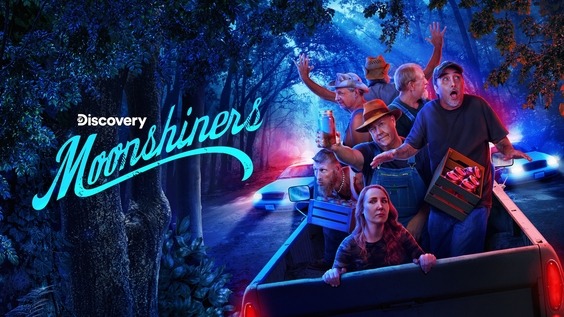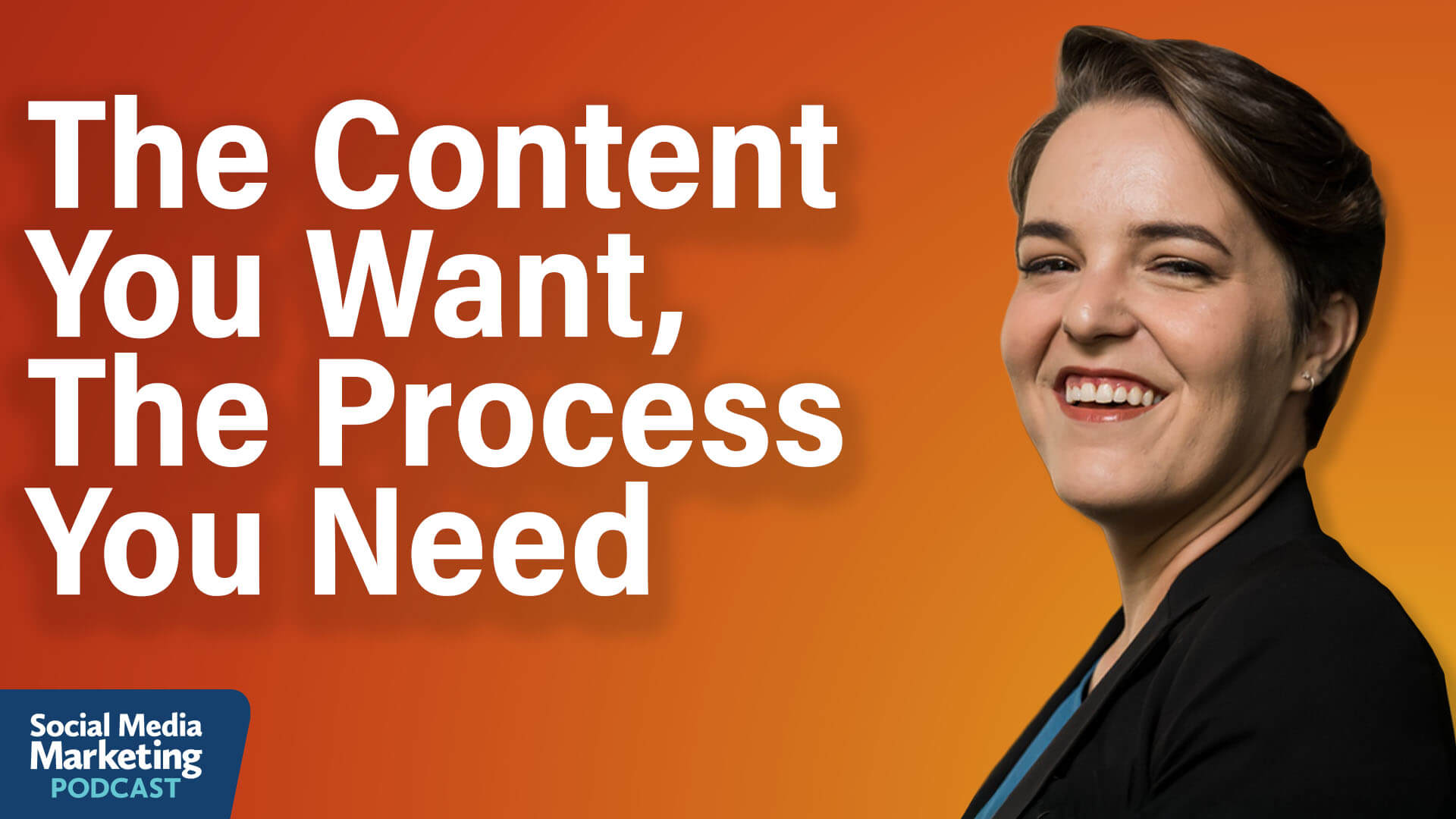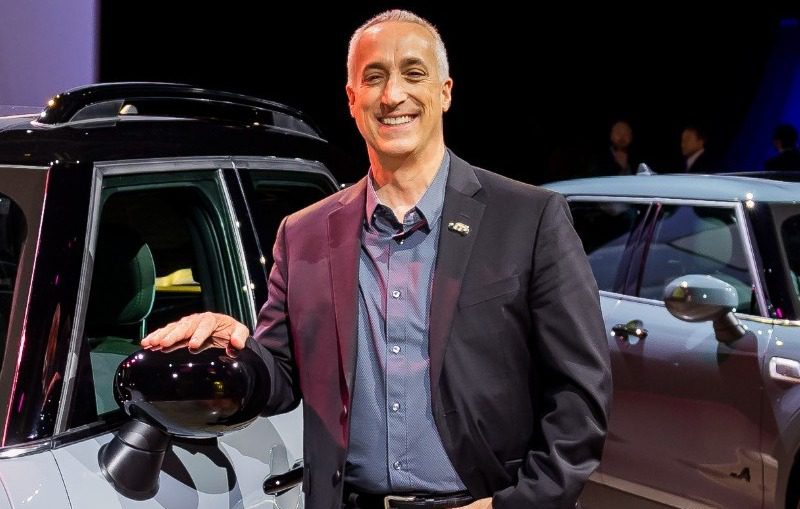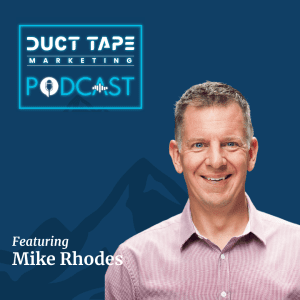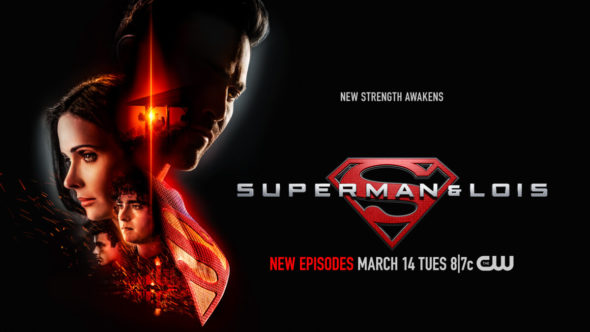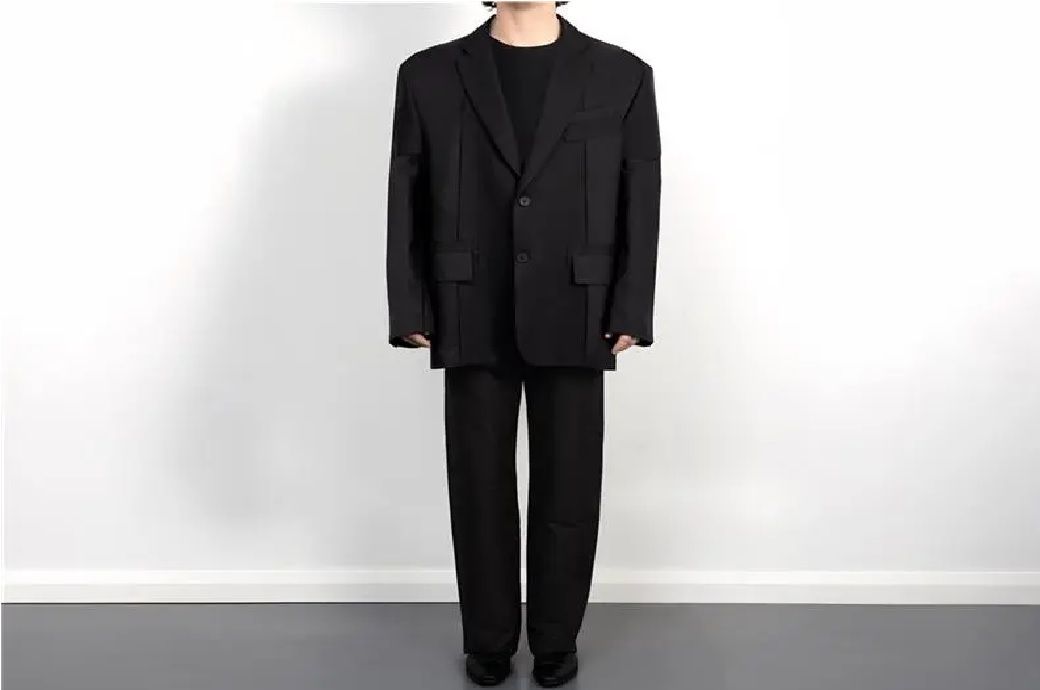[ad_1]
Mini is a small automotive brand, but it’s owned by one of the world’s largest car companies, BMW. Yet there are lessons for manufacturing companies of all sizes in how Mini has entered its seventh year of conducting an innovation-seeking initiative called Urban-X.
Urban-X just announced its 12th cohort, in seven years, of technology startups that in some way deal with the challenges and opportunities inherent in the city environment — where Mini cars are most apt to be purchased around the world. Mini works with a venture-capital firm to identify and vet small companies whose ideas and technologies lean into the urban landscape in a specific way for each cohort. This year, it’s climate-tech companies.
In the process, Mini and its VC partner, which now is Israel’s JVP, get small investments in and looks at a variety of promising innovators in spaces that are in Mini’s broader sphere. Employing only minimal financial resources and a small dedicated team of staffers, Mini is able to open a window on important parts of the world that doesn’t require huge investment stakes nor the devotion of a big staff.
“Urban-X isn’t to sell a car, or to sell more cars,” Mike Peyton, president of Mini Business Innovations and vice president of Mini of the Americas, told Chief Executive. “But when you start to think about what Mini is all about, it’s very much about trying to advance our thinking on how we make an impact or where we want to make an impact.”
Urban-X cohorts have been built around concepts that range from “built environment and real estate” to “food, waste and water,” from “govtech and civic solutions” to “energy and grid.” Among the more than 80 startups spanning 14 countries that Mini has supported are Phuc Labs, an AI-powered, fluid-based sorting platform for battery recycling; Food for All, which transforms restaurant surpluses into inexpensive delivered meals; Gingko, which creates data-driven maps for urban development; Xtelligent, which is using sensor technology to make urban road intersections safer; and Metalmark Innovations, which develops “nanoarchitectured materials” to destroy air pollutants.
The new, climate-oriented cohort includes Carbon Blue, which is developing “marine calcium looping technology” that removes carbon-dioxide from oceans and returns calcium; Gentian, which leverages remote sensing data and proprietary machine-learning models to accelerate the speed and cut the cost of “ecological surveying”; and Dryad, which provides early forest-fire detection and health monitoring.
The initiative has helped enable startups collectively to raise more than $440 million, from seed to Series B funding, alongside four company exits.
But none of these companies has come up with a more efficient battery architecture for future Mini EVs, for example, or a new paint formula that gives Mini models a unique or more durable sheen—or anything else that immediately benefits the cars the brand sells.
“We are interested to see into the future a bit to see what might be around the corner, especially in the city,” Peyton said. “It allows us to associate ourselves with [innovative] thinking and adapt it and align ourselves that way. It’s also a bit of a proof point that we’re willing to do other things beyond what would be overtly automotive to show we’re trying to make a difference.”
At the same time, Peyton said, it’s not like Mini isn’t attempting direct relevance. “With us targeting to become an all-electric rand by 2030, it’s important for us to have a perspective on things like climate change,” he said. “Or how to make [the materials in] our vehicles vegan, and how to have no use of chrome going forward” because of environmental concerns.”
For a few significant reasons, then, Peyton said, “To anyone who says is it possible or can we afford to do [Urban-X], I would almost say, ‘You can’t afford not to. Think about the last two years and how crazy and fast-moving they’ve been. It wasn’t until two years ago that electrification started to get traction and really accelerate.
Urban-X “makes us pay attention to trends that are developing and also stresses how continually important it is to think about innovation and the role that innovation plays for our brand and our company,” Peyton said. “Things can change very quickly, and it’s important for every brand to know the things that are important to them and the things they want to align with, and you have to lean into it.”
This is something any company could do, conceptually, and Peyton offered some advice:
• Prepare to be impressed. “It’s inspiring when you see some of these cohorts and the ideas people come up with, in some cases solving everyday challenges and in other cases trying to drive significant change in the community and globally,” he said. Urban-X “makes sure we stay sharp.”
• Keep an eye on the customer. Mini pursues and publicizes Urban-X in part, of course, to be able to talk about it with customers and potential customers who tend to be young, urban, and technologically and environmentally minded.
“They have a lot of sheer awareness about a lot of the topics that our cohorts are built around, and we want to make them aware that Mini is interested in these topics, too,” Peyton said.
• Get the right partner. For a partner to help startups access global networks of investors, industrial leaders and other entrepreneurs, Mini has moved on to its third VC in JVP, a 30-year-old, Israel-based concern that has raised $1.6 billion across 10 funds.
“We have a small team that works on this, but with JVP we have an expanded team of experts that help to engage with different cohorts and teams as we’re providing our expertise,” Peyton says.
• Grant some autonomy. Urban-X “teams aren’t caught up in corporate bureaucracy or red tape and they can move very fast,” Peyton said. “They can be very nimble and independent in how they act.”
[ad_2]
Original Source Link





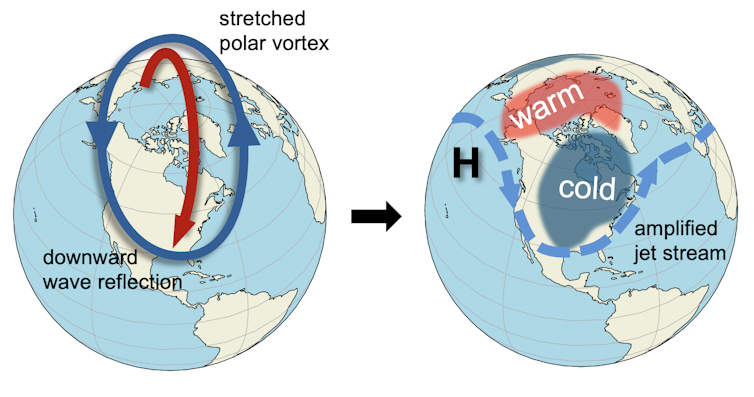



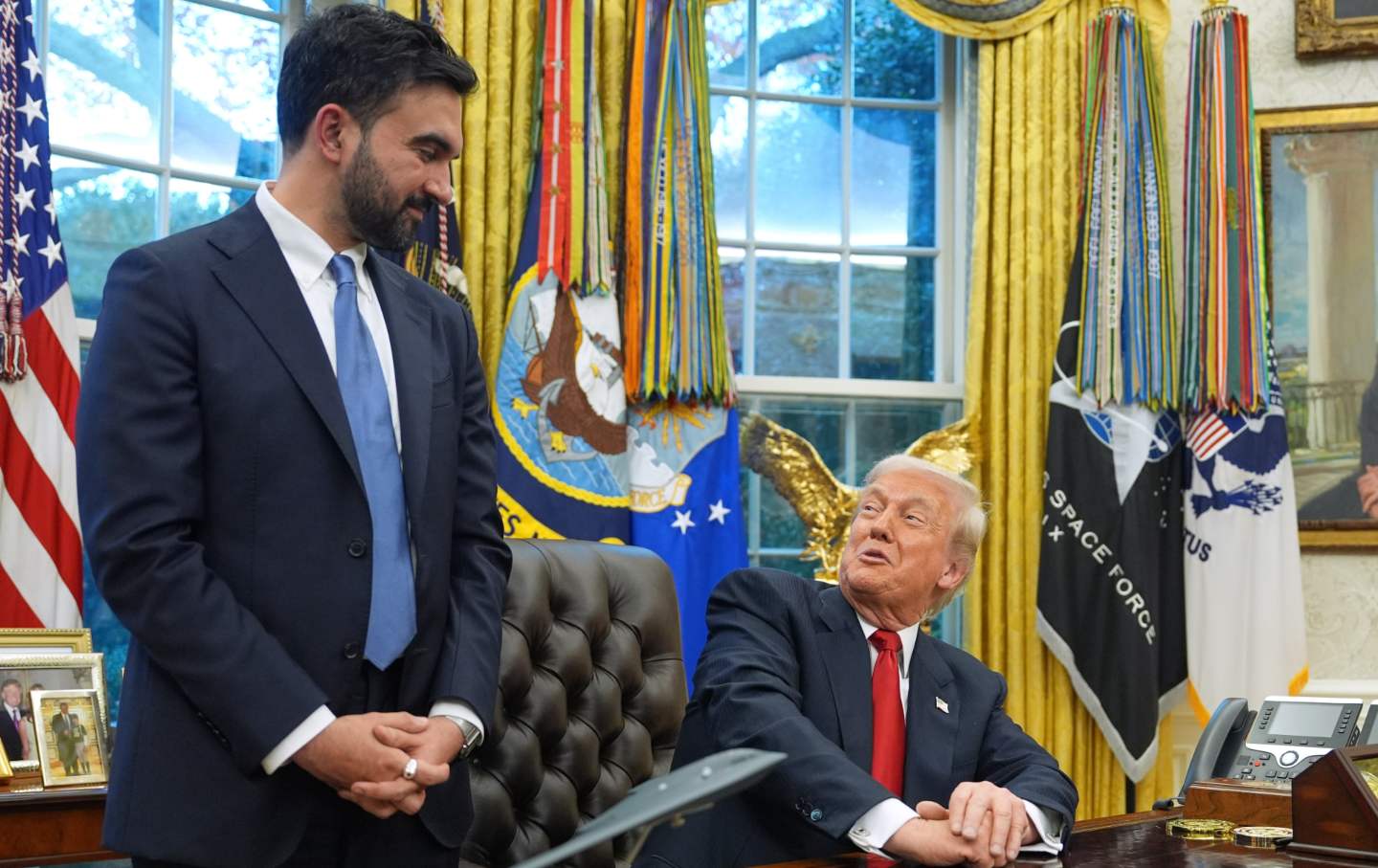



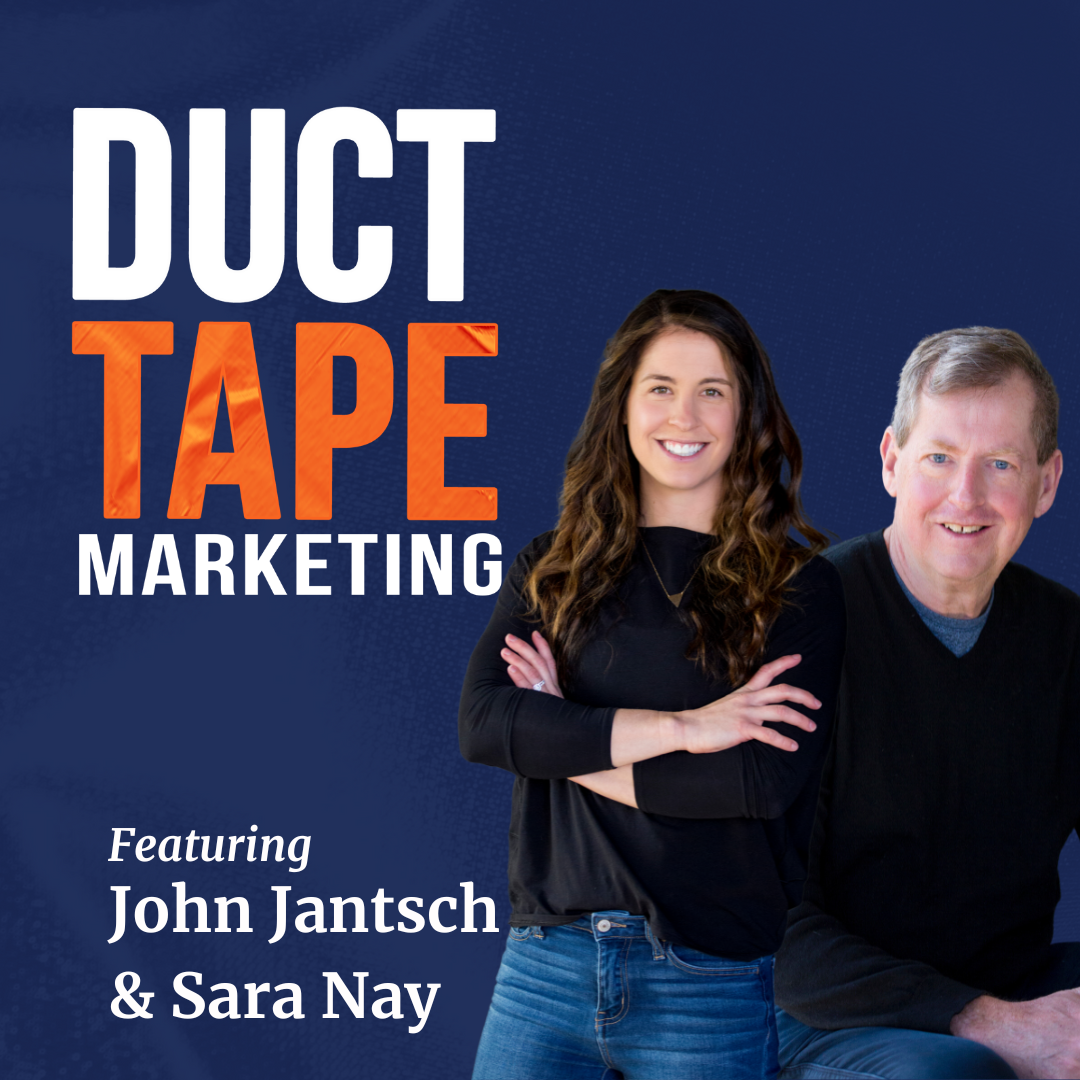



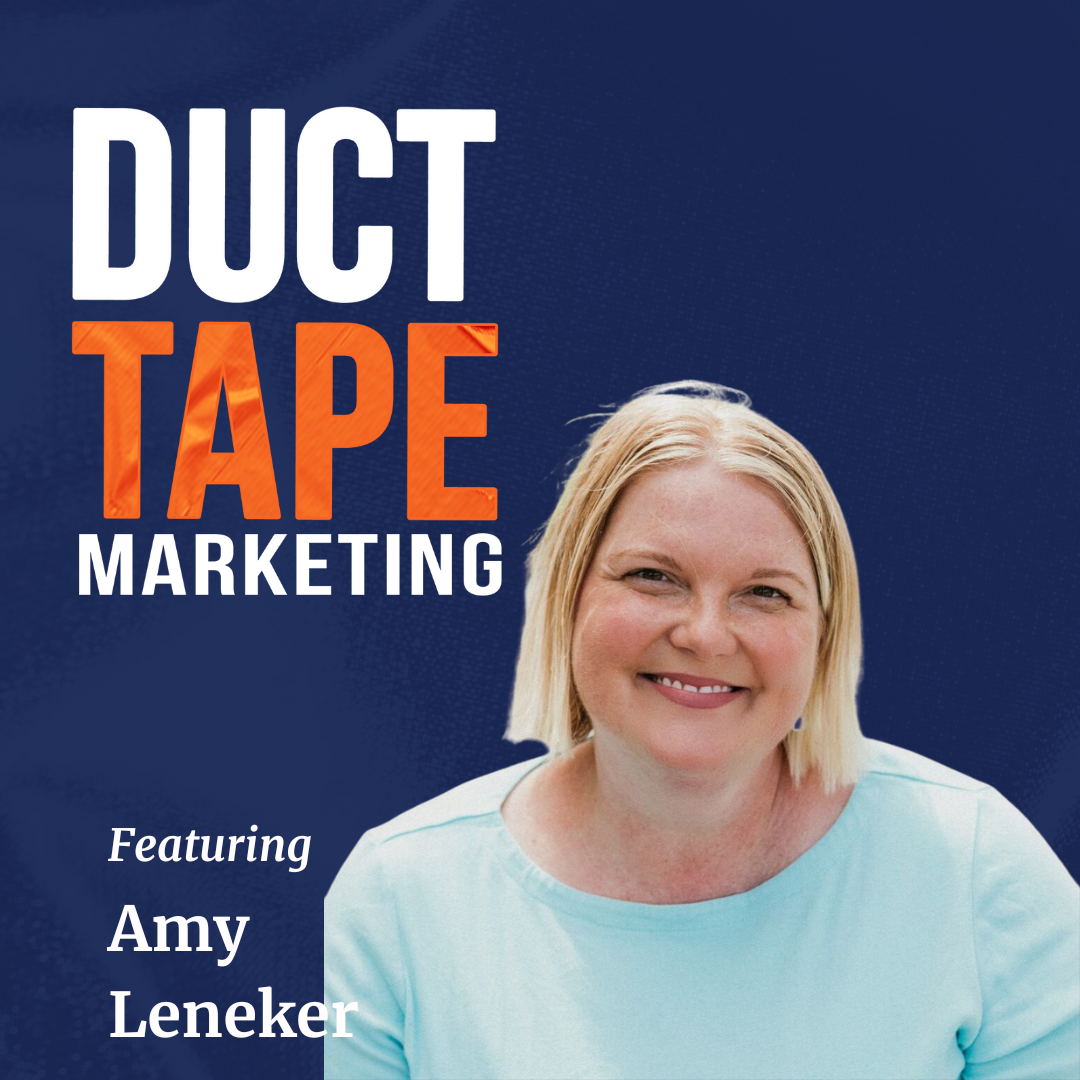
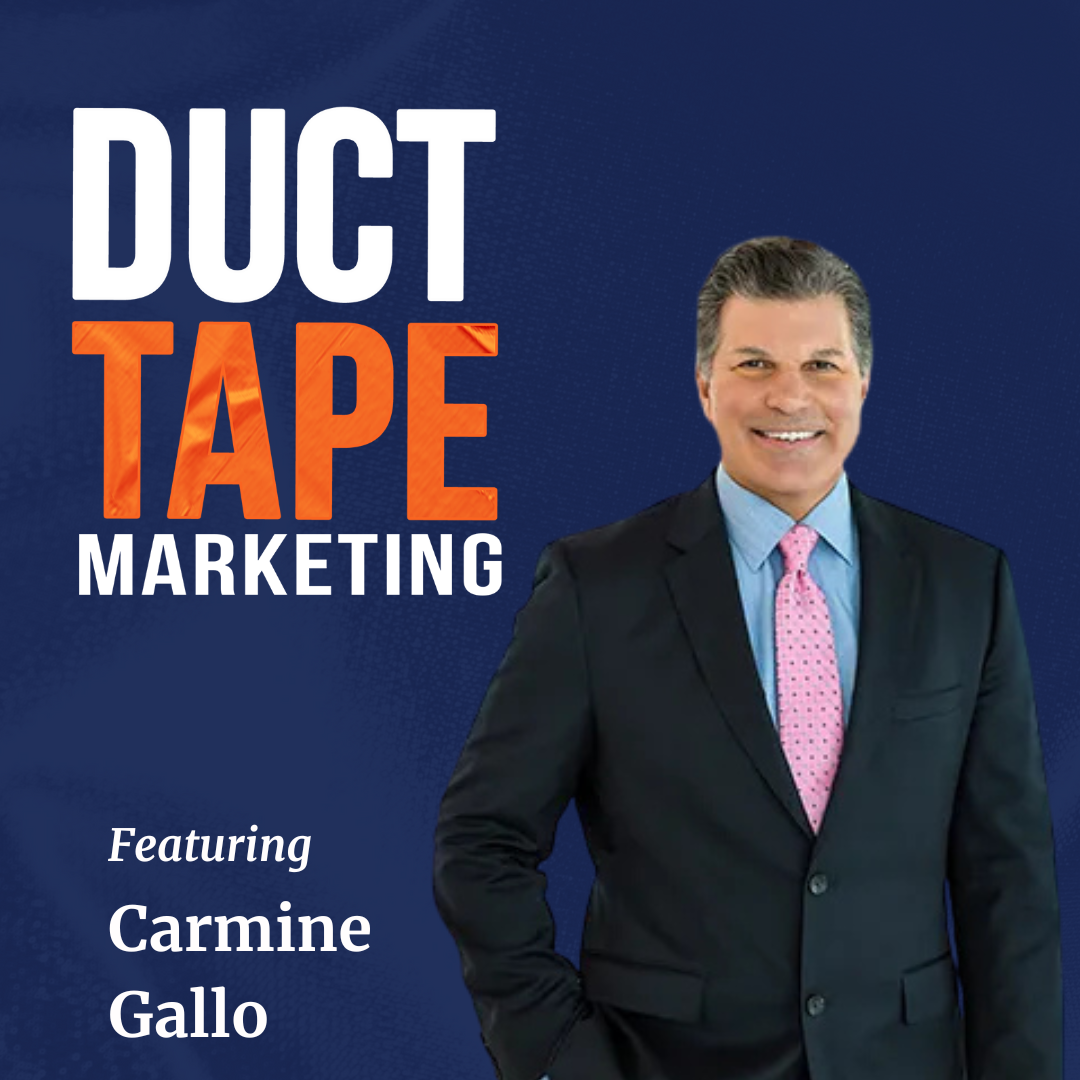







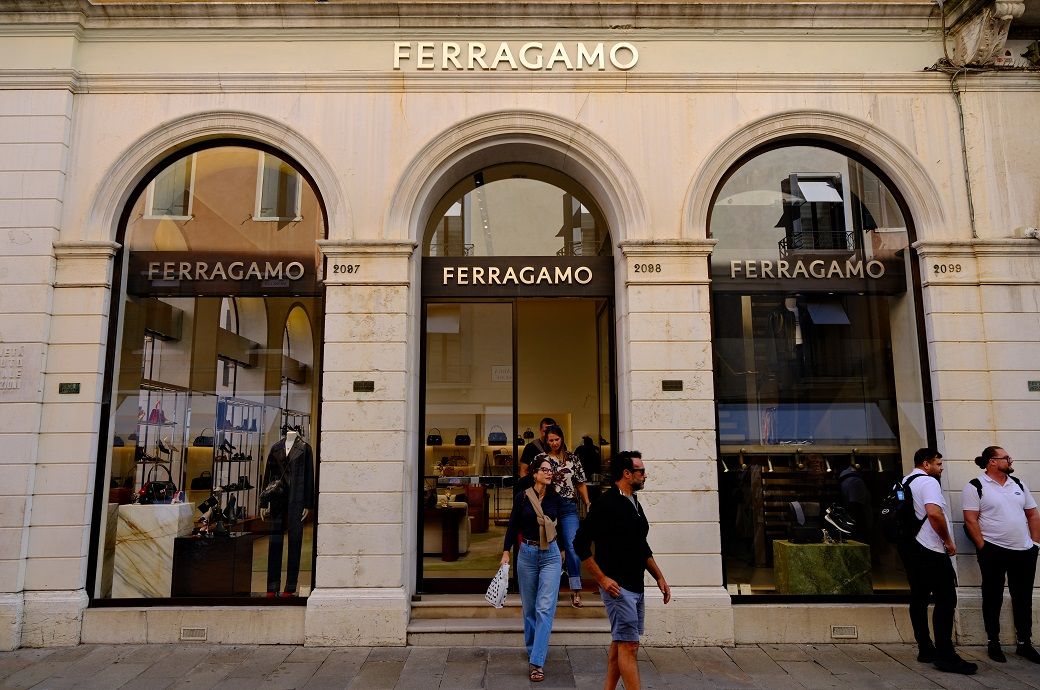
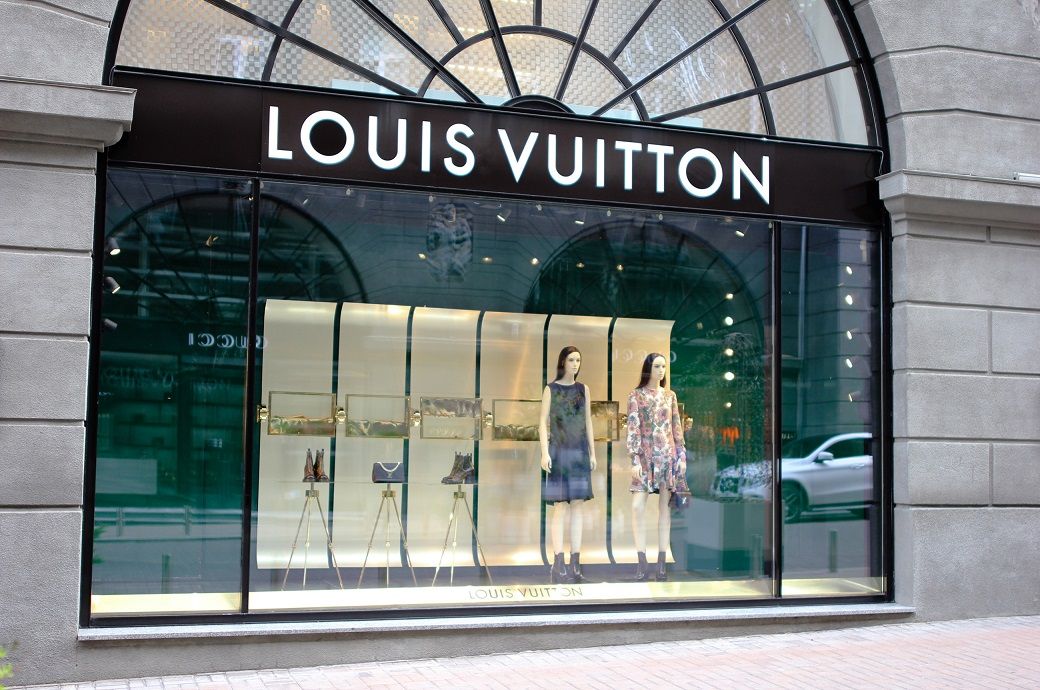
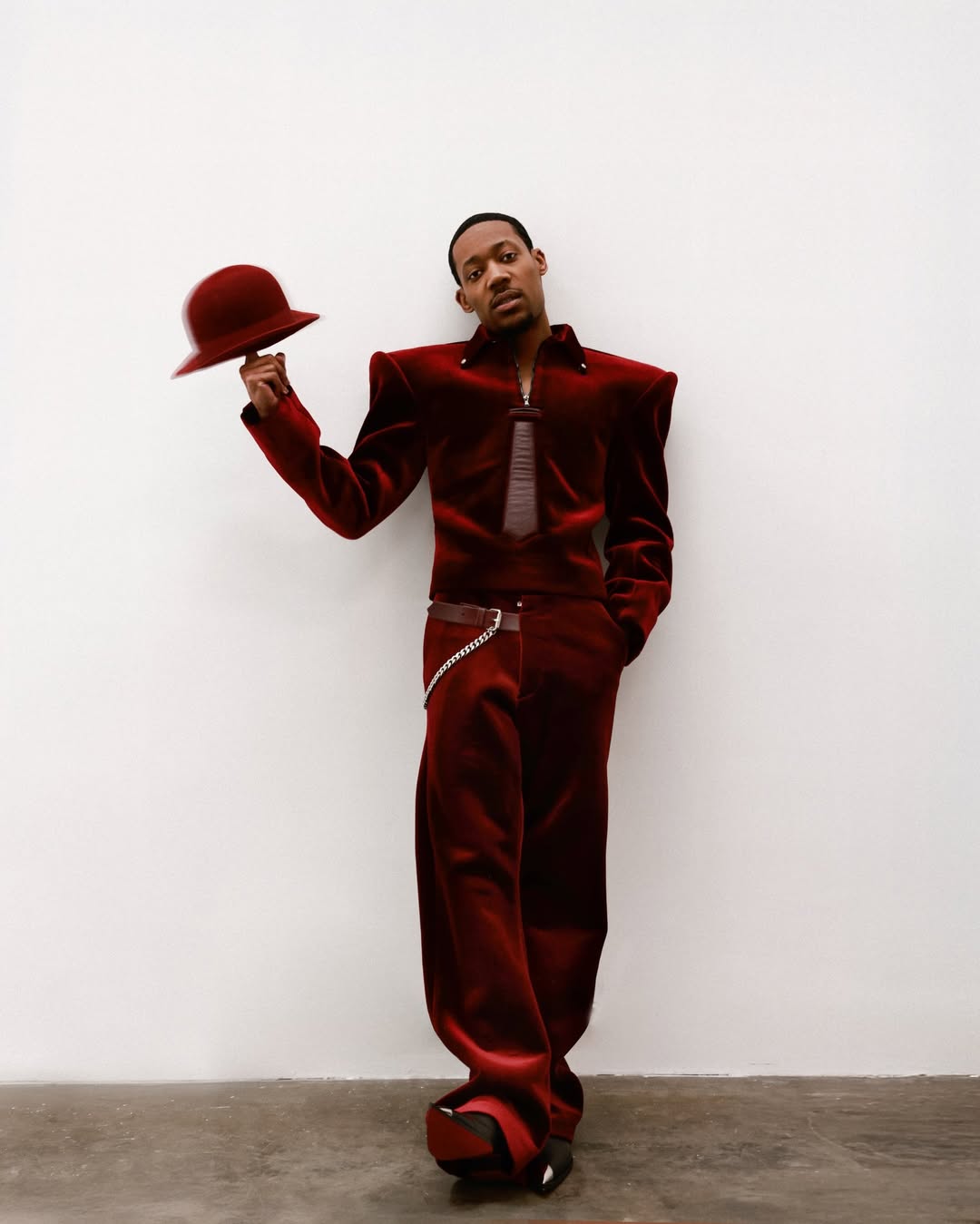

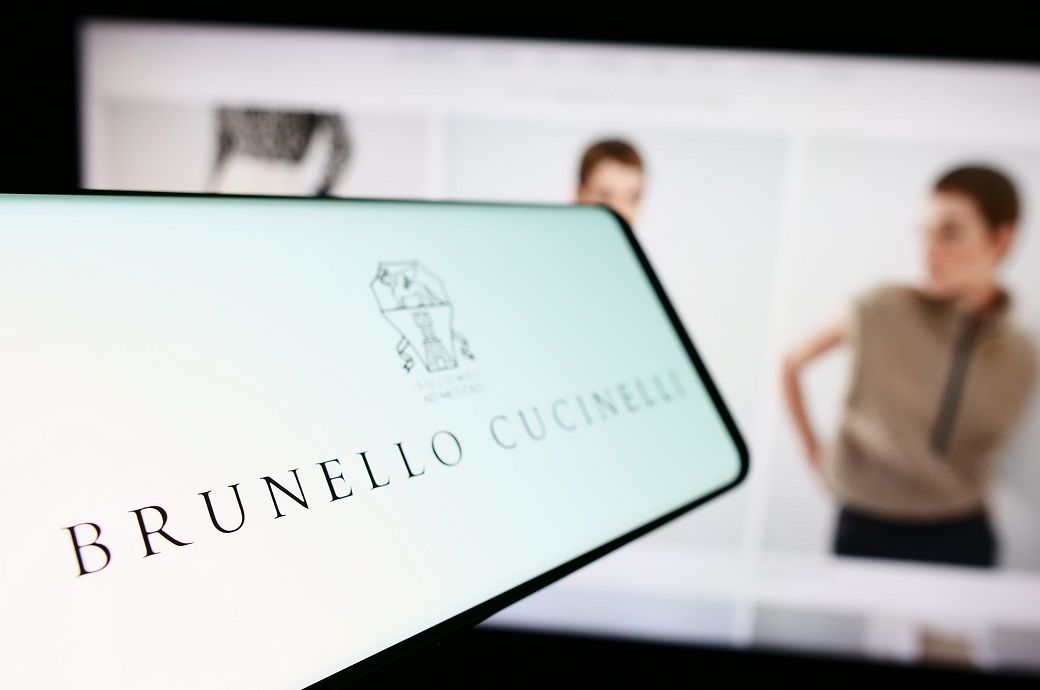


![ENHYPEN’s ‘[WALK THE LINE SUMMER EDITION] IN CINEMAS’ Concert Film Sets March Release Date ENHYPEN’s ‘[WALK THE LINE SUMMER EDITION] IN CINEMAS’ Concert Film Sets March Release Date](https://charts-static.billboard.com/img/2020/12/enhypen-z2c-344x344.jpg)












